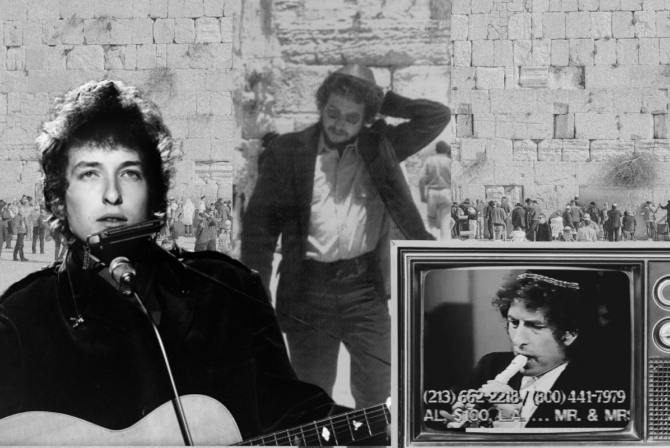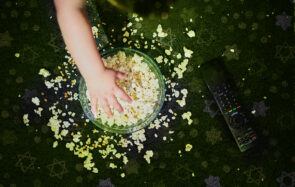Irina Reyn is the author two novels: What Happened to Anna K. and The Imperial Wife. Both focus on Russian Jewish narratives: the first is a retelling of Anna Karenina in modern-day Queens, the latter is the tale of a Russian Jewish woman who works as an art dealer that’s interwoven with the story of Catherine the Great.
Reyn’s own Russian Jewish story has an American twist, like her protagonists: she moved from Moscow to America as a child and attended summer camp in upstate New York. Kveller had the opportunity to speak with Reyn about her summer camp experiences.
Where did you go to camp?
I went to Long Lake Creative Arts Camp in the Adirondacks for five summers in the 1980s. It was only Jew-ish insofar as Jewish kids were interested in entering show business. Long Lake was a camp that boasted sports and crafts and music, but at the time most of the campers were fixated on getting callbacks for South Pacific.
What’s the weirdest thing about your camp?
It was a place where tetherball was considered a sport.
What’s the meanest thing that was done to you?
There was a kid that liked to foment romantic trouble. He would often tell you a boy liked you and encouraged you to make the first move. If you acted on this advice, you were left to confront the humiliating truth in the most direct, undeniable way.
What do you remember about camp food?
Complaining about the food was elevated to an art form. It didn’t hurt that we were all theater kids and culinary deprivation was a convenient conflict. You would think we were cast in Orange is the New Black with the way we carried on about the bug juice, tuna fish, or any of the other goodies dished out on our trays by the cook. We lived for the special food days, whether it was the weekly barbecue or the one evening when a dramatic recreation of the Harlem nightclub Minton’s accorded us a cup of hot chocolate. We thought way too much about what we wished we were actually eating.
Did you have a camp romance?
It was theater camp, a place where boys didn’t want to kiss me whether or not they knew why, and that was confusing for all of us.
Are you still in touch with your camp friends?
I followed my dearest friend Sonya to the camp and I’m as tight as ever with her. But as far as the friends I met there, no, I’m not in touch with them but I think about them from time to time and wonder how they’re doing. Camp meant so much to me, it was a place of acceptance as much as the various schools I attended was a place of erasure. It was where I felt most understood. But over the years I realized that not everyone had the same relation to camp as I did. Some kids may have felt about their summers the way I felt about the school years.
What was the major fashion or accessories trend?
Ripped jeans, scrunchies, giant bows, full skirts with a tight band about the stomach, polka dots, long, geometric earrings…. The intoxicating scent of eau de bug spray and Aqua Net.
What kind of letter writer were you?
Plaintive and morose. I was having the time of my life but I sighed through the letters as though performing a Chekhov play. A despair about a lackluster audition for Fiddler on the Roof, existential brooding about failing my swimming test, idealization of Oreo cookies, and hand-wringing about the prospect of a distant return to home.
What “type” of camper were you?
I was an Anatevka villager when I longed to be a Tzeitel.
Camp Kveller is our series dedicated to all things summer camp.








